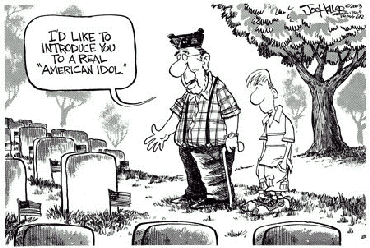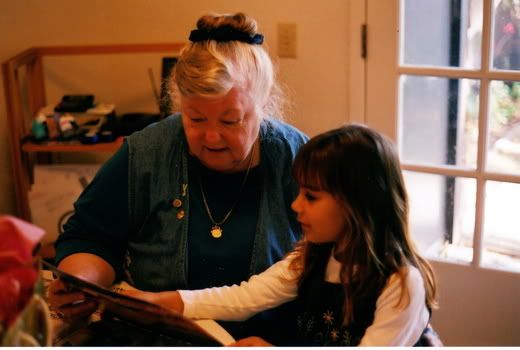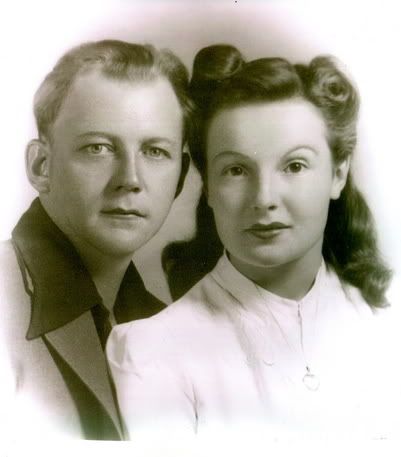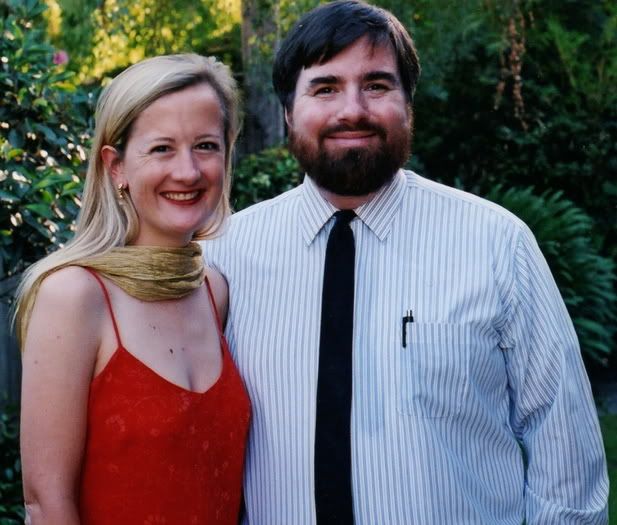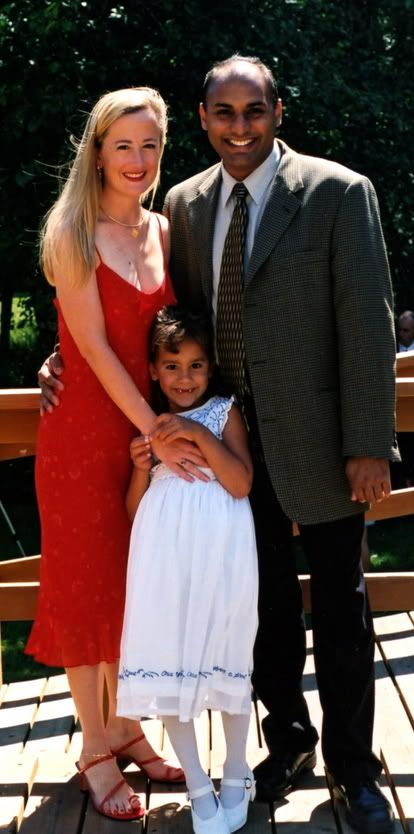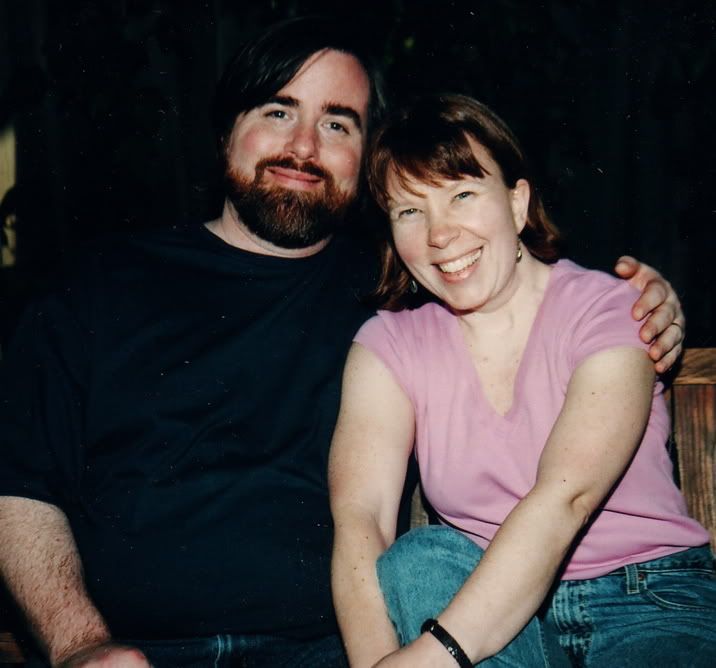
During the years that I worked as a parenting coach, in addition to providing services I also did all of the administrative work for three related state grants. Which meant, three grant proposals a year. Since the requirements stay pretty much the same each year, once you've made suggested corrections to your basic proposal, it is really a matter of updating last year's proposal, with minimum changes to narrative (my responsibility) and not much more to the budget (the accountant's job). This duty was worked around my case schedule, and in the six week period between when the request for proposal came out and when it was due, I might have to work five or six total hours extra to grind out all three of them. Except for the year of the innumerate accountant. It was the second year of a three-year cycle on all of the grants, which means that we would be getting the same amount of money as the year before, and would just have to adjust for changed expenses. It should have taken no more time for the budgets than for the narrative; there weren't that many changes.
The first I knew that we were in trouble was when the new accountant called me to tell me that we wouldn't have enough money to run one of the programs the next year. I had to come to his office right away. On the way up, I was shaking my head because I knew that the only change to that grant was that we had budgeted for a printer in the current year and had no anticipated equipment expense in the next. Staff had turned over, which meant we would be paying them less than we had paid this year. I was at the top of my salary range (a year after that, the salaries were revised, and I got a large raise and continued to receive them annually, but, at that time, I had topped out.) so my salary was staying the same. We should have had the cost of the printer and the difference between step three and step one staff salaries over what we had spent this year. Common sense should have told him that there was something wrong with his numbers
When I got to his office, he showed me his work. I took one look and said, "$500 and $1,200 are not $49,000." "The adding machine said . . . " "You hit the wrong buttons, because $500 and $1,200 are $1,700. You are $47,300 off." "I can't be! The adding machine said . . ." "Did you run a tape?" Well, no he hadn't run a tape.

The next time he called me to his office, it was to announce that there wasn't enough money in one of the grants to pay salaries, not to mention rent and mileage and . . . Once again, salaries had gone down because I stayed the same and the other three people were new; the budget was for the same amount of money. There was no way the grants wouldn't cover less with the same amount of money. He knew what he knew and I had to come up to his office!
Once again, up I went. Asked him to show me. Looked at the numbers and could immediately see the problem. "Why," I asked as patiently as I could, "are you charging a third of my salary to this grant?" "Well," he explained with condescending patience to the stupid little woman, "this is your hourly rate, times 52 weeks, times 5 days, times 3 hours a day." "I only work 3 hours a week administering that grant. How about my hourly rate times 52 weeks times 3 hours a week?" "Are you sure?" "Look, when this amount of money was enough last year and the expenses for the grant have
gone down this year, it has to be an error in the math. As a matter of fact, why don't you just copy all the things that stay the same from last year's budget, and since my salary is one of them you won't run into these problems."

Somewhere along the line over the next six weeks, I asked him what grade he had been in when he started using a calculator. First. Honest to God, first. Which, combined with his refusal to run a tape (they cost money! Of course, reworking the numbers with no idea of where you went wrong, costs a heck of a lot more, but . . .) and his tendency to hit the wrong numbers on any keypad he used, led to my putting in six seven-day weeks of 12-hour days, with exactly one half of a day off. It was made just a little worse by his tendency to ignore information that came in a feminine voice. One of the three programs we administered, and services were delivered by contract by a child care center. All of that grant went for the contract with the center. It was, honest to God, a one item budget. We spent four hours one day with him asking me, "What rent do we charge Parents' Time Out?" and me answering, "Zero. We don't charge PTO anything. We get the grant, we write a check every month to the center for a 12th of the grant. We don't charge them rent." And, half an hour later, "You haven't told me how much rent we charge Parents' Time Out." Finally I was driven to saying, "What number did I put on the budget I sent you for rent?" "You didn't put anything." "I beg to differ," trying not to get any more exasperated than I could avoid, "look at the original I sent. What does the rent say." "Zero." "And why do you suppose that is?" Somewhere after we had repeated this conversation at least four times, I started tallying. I honestly had to show him the tally each time and say, "I've been tallying. As you can see, this is the seventh time we have talked about this. This is the seventh time I've made you look at the original. This is the seventh time you've seen that it says zero." I hate it when I get snotty like that.
For the first four weeks, everything I said, he challenged. Finally I had to start saying things like, "We've been at this for four weeks. Every time I've made a correction, I've shown you the tape. Every time I've made a correction, I've been right and you've been wrong.
why would it be different this time?" I will say that the last two weeks, when I said something he did simply accept it. He might forget it and have to ask again, but he did accept it without my having to prove it to him.
It probably won't surprise you to learn that they had a new accountant at the agency very soon. Sadly, it may not surprise you to know that this man set up his own accounting service. It certainly won't surprise you to learn that he closed it after six months, with a number of his clients suing him.
I have no idea how I lived through it. The fact that man is still alive qualifies me for saint points. Lots of saint points. And, I know I got points, 'cause I didn't get overtime. But, what really scares me is if kids are using calculators in the first grade, and even a few engineers are as bad at math as this accountant, for how much longer is it going to be safe to drive over bridges?
 Now, in July when Maya and her Mama went to Juneau to visit Granny and Auntie Kathy and Uncle Richard, they had planned many amazing things for them to do. On Sunday they went up the tram to the top of Mt. Roberts, and then came Monday, and what should they all do on this day? Well, it was raining, so they had to plan around that. They couldn't go to the Glacier, because the clouds were so thick they wouldn't have been able to see it well. They couldn't go berry picking, because they would get too wet. They couldn't go to the library for story time, because that was scheduled for Wednesday. They decided not to go to Sandy Beach, because that would be more fun if the rain ever stopped.
Now, in July when Maya and her Mama went to Juneau to visit Granny and Auntie Kathy and Uncle Richard, they had planned many amazing things for them to do. On Sunday they went up the tram to the top of Mt. Roberts, and then came Monday, and what should they all do on this day? Well, it was raining, so they had to plan around that. They couldn't go to the Glacier, because the clouds were so thick they wouldn't have been able to see it well. They couldn't go berry picking, because they would get too wet. They couldn't go to the library for story time, because that was scheduled for Wednesday. They decided not to go to Sandy Beach, because that would be more fun if the rain ever stopped. "Well," said Uncle Richard, "we could go to Dipac (which stands for Douglas Island Pink and Chum, and is a salmon hatchery). Much of that is indoors, and the rest is close to shore, so the rain won't make a difference." So, that is what they did. Oh, Dipac was very exciting! The salmon were running, and running, and running. (Indeed, Maya had already seen fish jumping in Gastineau Channel when she first arrived.) When Maya looked in the window to the fish ladder, she saw huge fish, so many that they were almost stacked on top of each other, swimming against the flow of the water. Mama and Maya were just amazed to see so many of them. Those salmon swam hard, hard, hard to get up the ladder. And when Maya looked at the channel leading to the fish ladder, there were thousands of salmon crowding and trying to get to the ladder.
"Well," said Uncle Richard, "we could go to Dipac (which stands for Douglas Island Pink and Chum, and is a salmon hatchery). Much of that is indoors, and the rest is close to shore, so the rain won't make a difference." So, that is what they did. Oh, Dipac was very exciting! The salmon were running, and running, and running. (Indeed, Maya had already seen fish jumping in Gastineau Channel when she first arrived.) When Maya looked in the window to the fish ladder, she saw huge fish, so many that they were almost stacked on top of each other, swimming against the flow of the water. Mama and Maya were just amazed to see so many of them. Those salmon swam hard, hard, hard to get up the ladder. And when Maya looked at the channel leading to the fish ladder, there were thousands of salmon crowding and trying to get to the ladder. The whole family went into the building, and they saw many kinds of fish in the aquarium, and tasted smoked salmon, and Granny bought a stuffed toy salmon for Maya. It was a lot of fun, and when it was time to leave, they stopped on the way to the car to look one more time at the fish crowding in to the ladder. Maya had never seen so many fish at one time, and neither had her Mama. Granny and Uncle Richard and Auntie Kathy were pretty impressed, themselves, and they live in Juneau.
The whole family went into the building, and they saw many kinds of fish in the aquarium, and tasted smoked salmon, and Granny bought a stuffed toy salmon for Maya. It was a lot of fun, and when it was time to leave, they stopped on the way to the car to look one more time at the fish crowding in to the ladder. Maya had never seen so many fish at one time, and neither had her Mama. Granny and Uncle Richard and Auntie Kathy were pretty impressed, themselves, and they live in Juneau.










